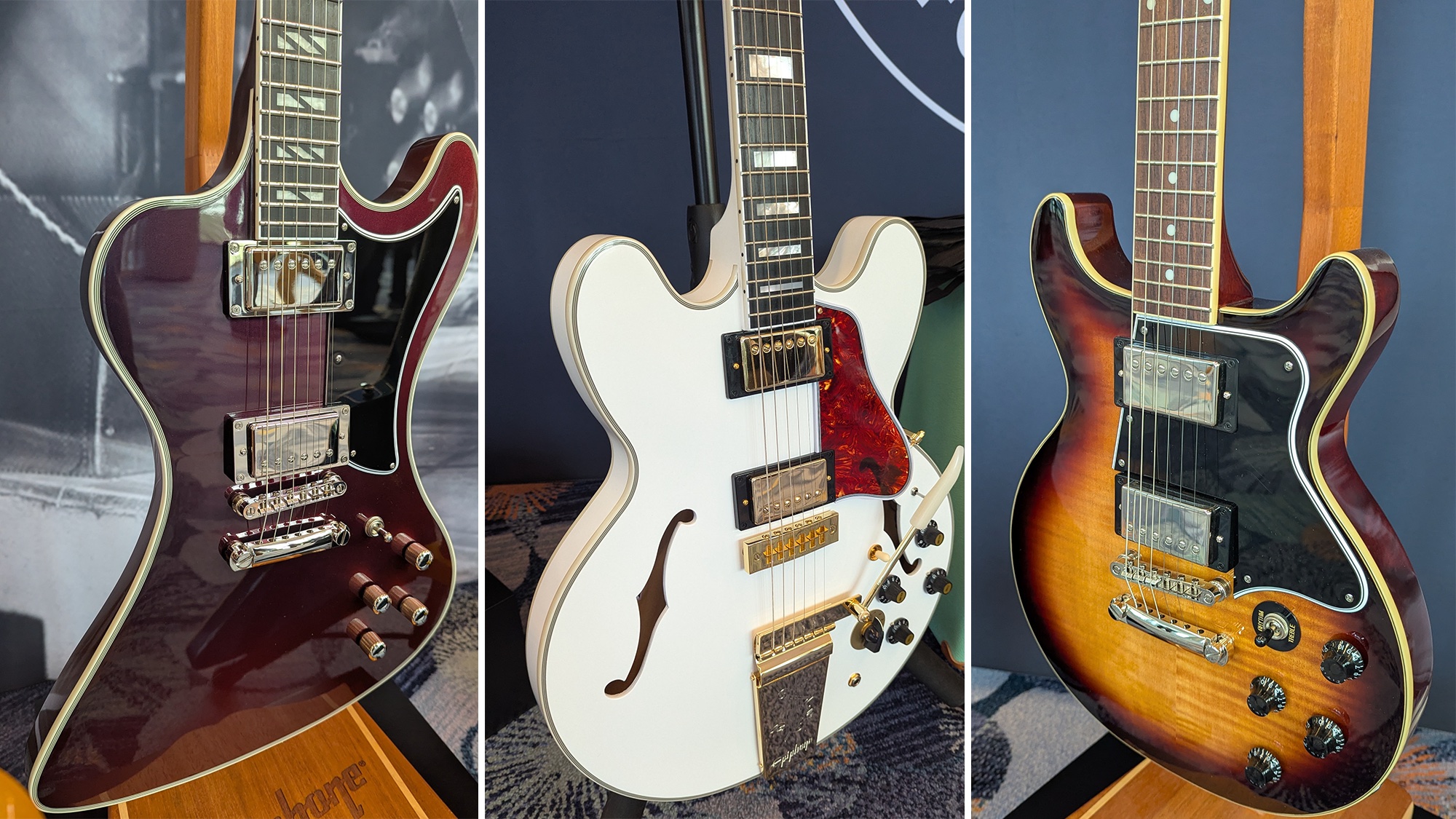Types of guitar pickups explained: learn the difference between single coils, humbuckers, P-90s and active designs
If the wood is the soul of the electric guitar, the pickups are the brains of the operation. We walk through the most common pickup styles and what they mean for electric guitar tone
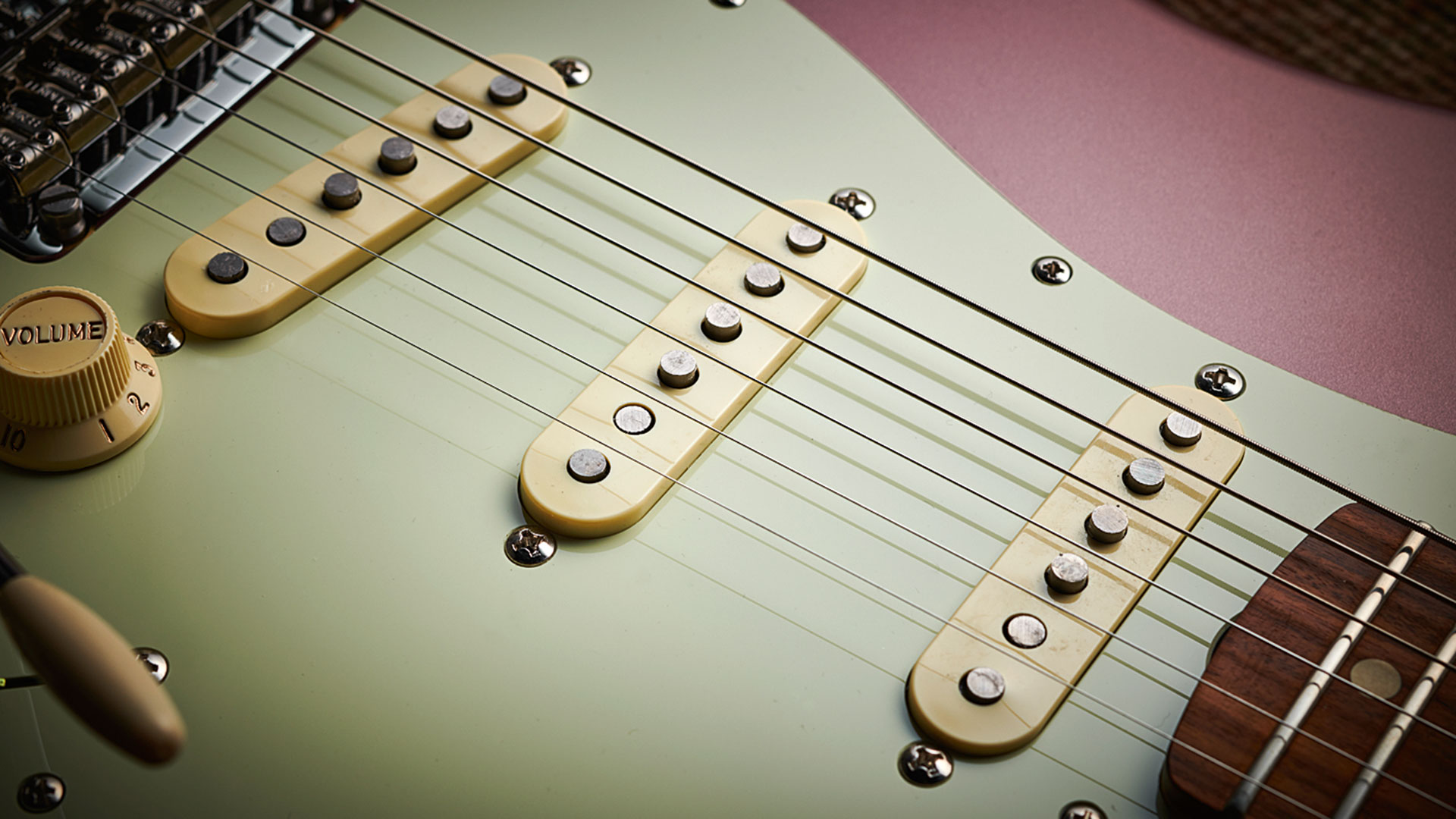
GUITAR SHOWCASE 2023: Today, it’s harder than ever to describe the sonic characteristics of electric guitar pickup types – there are so many configurations, both stock and aftermarket, that blur the lines of each core design.
For every classic single-coil pickup there’s a stacked noiseless unit; for every vintage-voiced humbucker, there’s a high-output face-melter for metal. However, there are a few key categories of pickup to know about.
A little knowledge of each one’s origins and uses will help you identify your own tonal requirements should you wish to swap out your axe’s pups.
Single coils
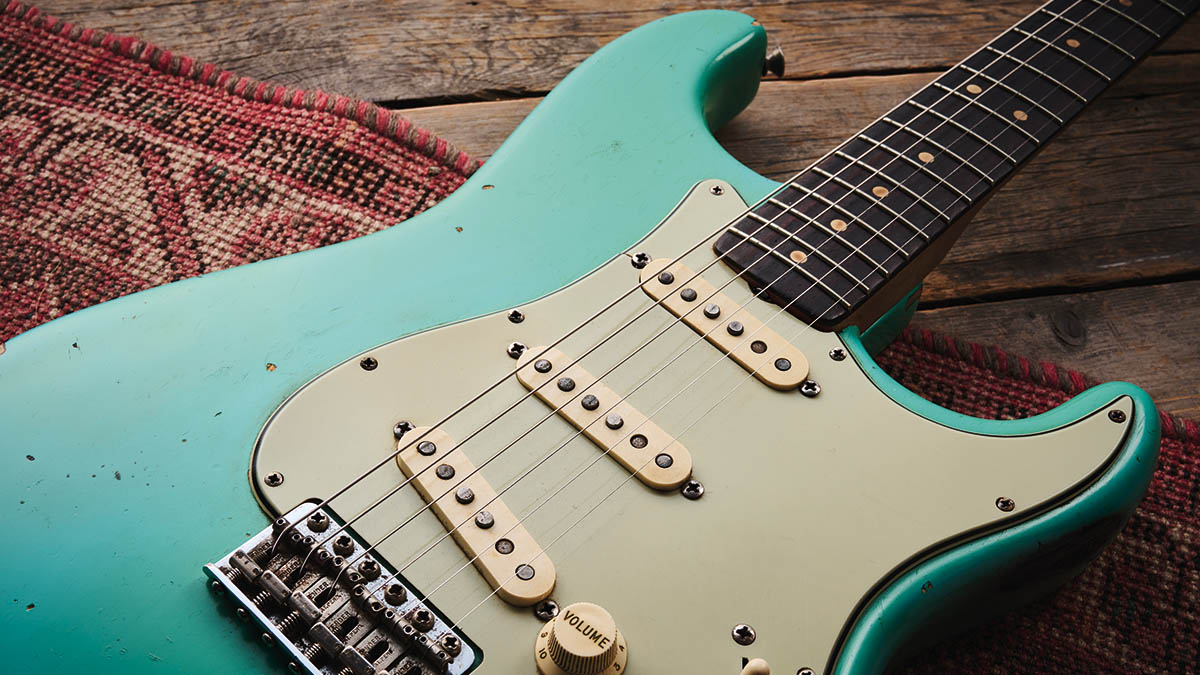
Early designs appeared in Rickenbacker lap steels, Gibson and Gretsch semis, and then later in Fender’s Telecaster predecessor, the Esquire, but perhaps the archetypal single-coil pickup is that found in the Fender Stratocaster.
The Strat’s later five-way (originally three-way) switching design has become integral to common perception of what this type of pickup should sound like, and guitarists as varied as Jimi Hendrix and Cory Wong have made the sounds of these pickups their own. HSS/HSH-style Superstrats are arguably only simple variations on the original theme.
Humbuckers

Humbucker pickups solve the problem of noise inherent in passive single coil designs. Two coils are employed in a “reverse-wound reverse-polarity” configuration that cancels out the hum. 20 or so years after the first humbuckers appeared, Gibson released its PAF unit in the 1950s, setting a much copied template for passive ’bucker design that remains essentially the same to this day.
Typically, humbuckers sound fatter, bassier and have less treble than single coils. The Les Paul tones of Jimmy Page and Slash wouldn’t be the same without ’em.
All the latest guitar news, interviews, lessons, reviews, deals and more, direct to your inbox!
P-90s
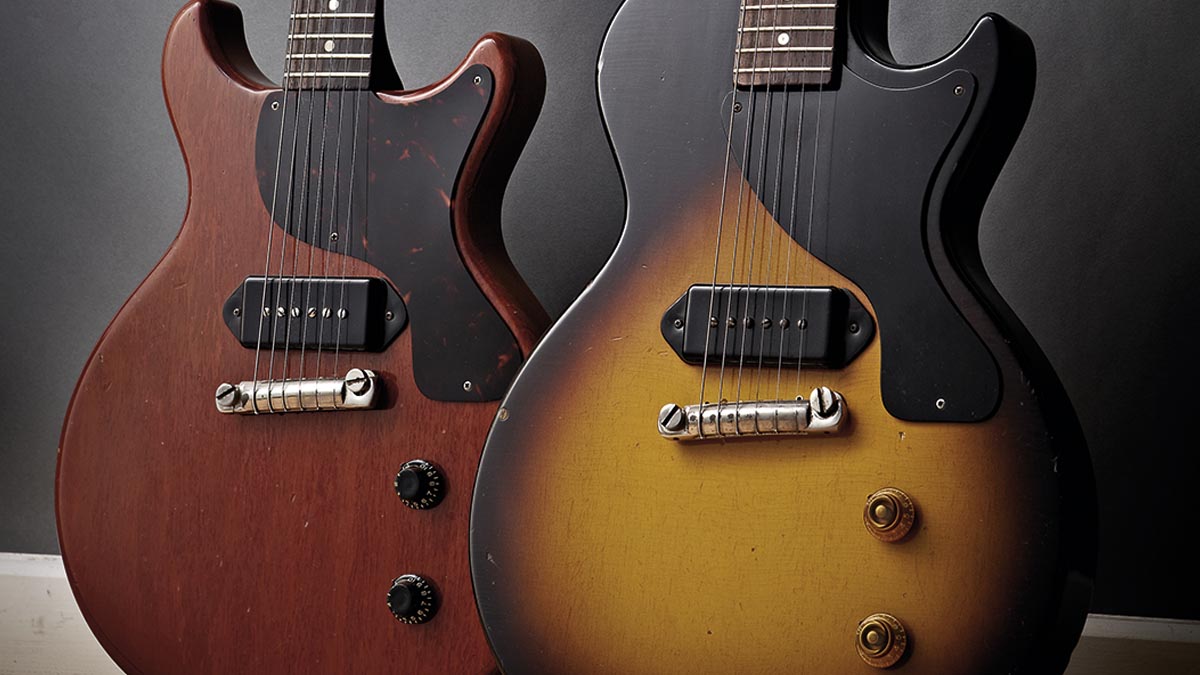
Designed by Gibson’s Walt Fuller in the 1940s, the P-90 is sonically distinct from other single-coil designs by virtue of a fuller-bodied sound that falls somewhere between the fatness of humbuckers and treble-rich presentation of Fender-style single coils.
They’re most famously deployed on the Les Paul Jr (though also commonly on LP Standards and SGs), as used by Bob Marley, Leslie West and Billie Joe Armstrong, among countless others.
Active pickups
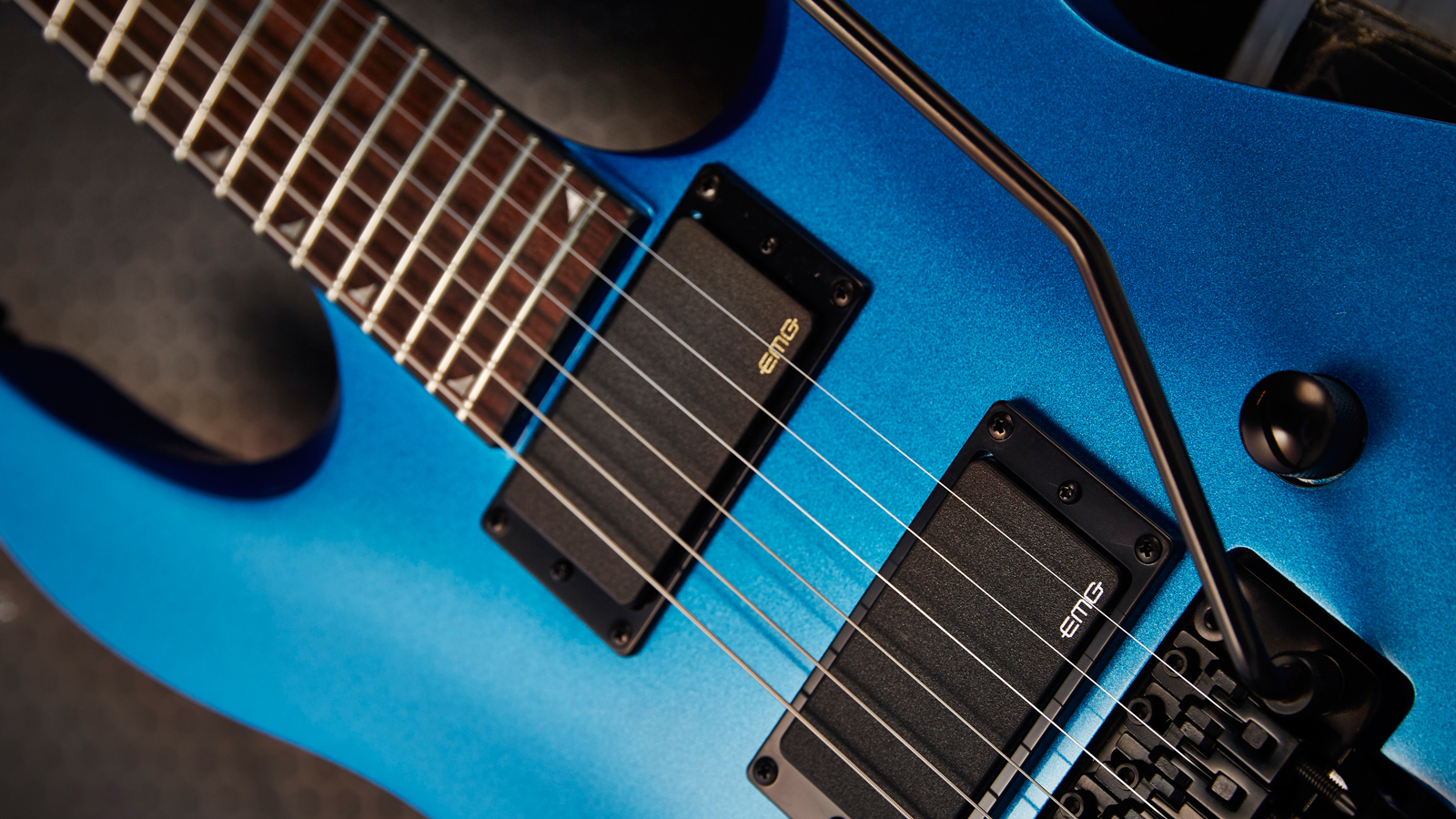
Active (ie, battery-powered) pickup systems gained popularity in the ’80s, notably among many metal acts, but also in the hands of David Gilmour and Mark Knopfler, who, let’s face it, are no strangers to quality tone.
The active circuitry gives higher output levels than passive units and ensures both single coils and humbuckers alike deliver next to no audible noise. Typically, these systems would have a ‘hi-fi’ style tight, crisp top-end befitting of ’80s high production value music.
Fishman Fluence pickups
A later active innovation developed by Fishman, here the electronic gubbins is printed onto a ‘Fluence Core’ circuit board instead of being wound around a bobbin.
The high-performance, low-noise units offer some of the ‘organic’ experience of passive pickups, plus the power, low-end clarity and low noise that only actives can give.
Often used on seven-, eight- and even nine-string guitars, the units are well-suited to ‘modern’ styles. However, clearly not wishing to pigeonhole their tech, Fishman have also created Fluence versions of classic-voiced humbuckers, single coils and P-90s.
Chris was Editor of Total Guitar magazine from 2020 until its closure in 2024, when he became Lesson Editor for Guitar World, MusicRadar and Guitar Player. Prior to taking over as Editor, he helmed Total Guitar's world-class tab and tuition section for 12 years, helping thousands of guitarists learn how to play the instrument. A former guitar teacher, Chris trained at the Academy of Contemporary Music (ACM) in Guildford, UK, and held a degree in Philosophy & Popular Music. During his career, Chris interviewed guitar legends including Brian May and Jimmy Page, while championing new artists such as Yungblud and Nova Twins. Chris was diagnosed with Stage 4 cancer in April 2024 and died in May 2025.


